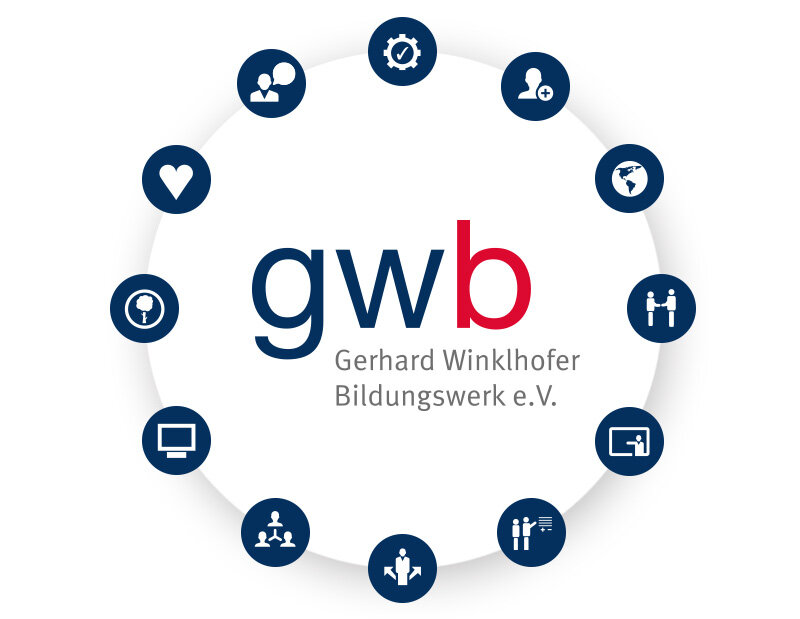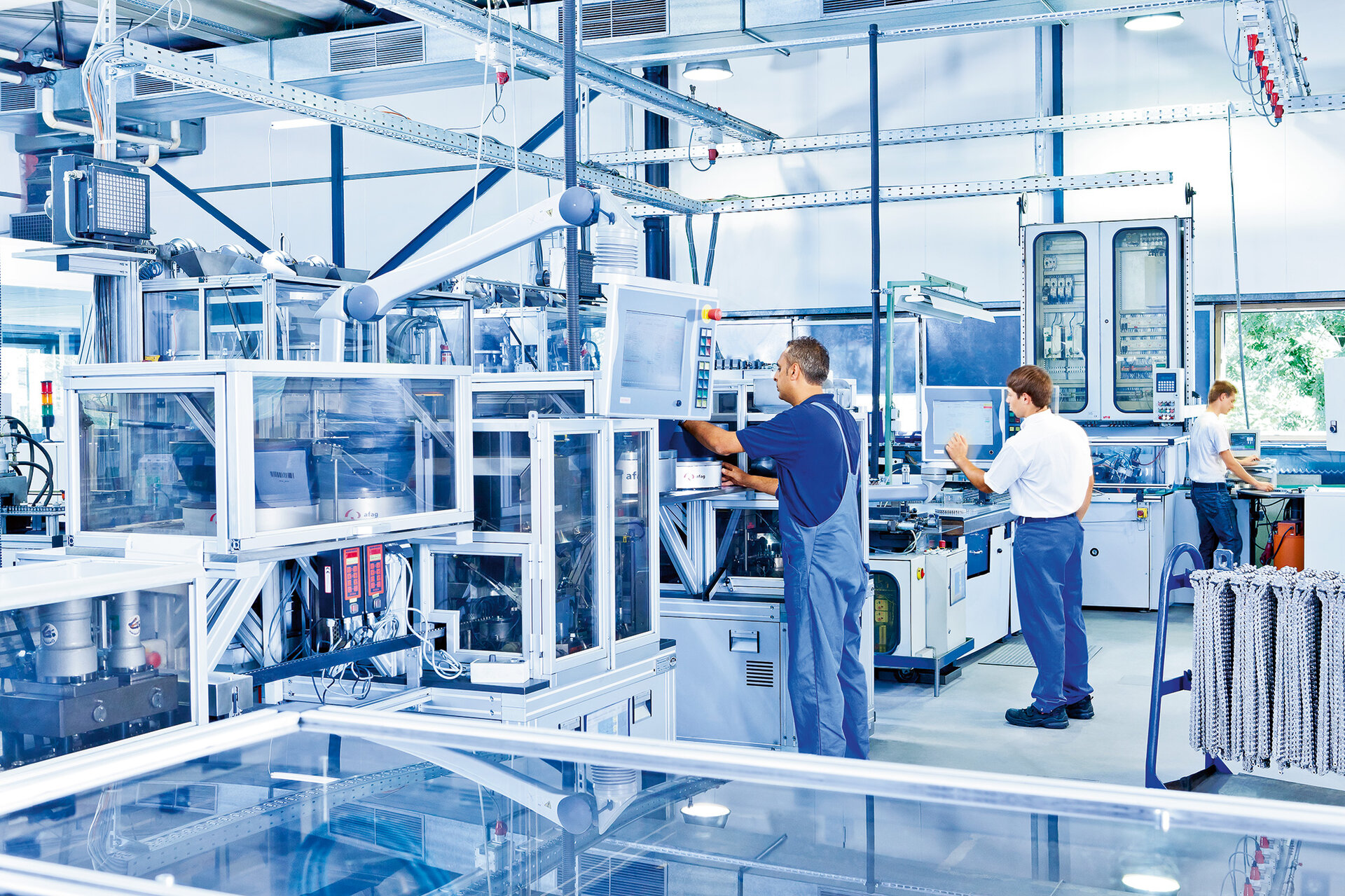Social Responsibility
What really drives our company is the motivation of its employees, because our products and services need the people at iwis to bring them to life. We believe in creating an environment of mutual respect and a readiness to engage in frank, open dialogue in order to ensure mutual cooperation and confidence.
These values are not only the basis of our corporate culture, but also an integral part of our overall mission statement. Other important factors at iwis are further qualifications, industrial health and safety, health management and work-life balance, because we can only create important innovations and secure our long-term future if our employees are contented.
„The strongest link in our chain: our employees.“
Passion for top performance: a holistic concept.
Our employees are the foundation stone of our competitive advantage. Their strengths are an essential factor in our success, so supporting and developing our employees is one of our main priorities, pursued as rigorously as our development of innovative products and services. In this way, we invest in the development of people around the world and at every level of the company.

Professional development
His firm belief in the value of life-long learning inspired our senior partner to set up the “Gerhard Winklhofer Bildungswerk” (GWB) training centre. Here, life-long learning is more than just a media buzzword – it is a professional necessity. The Gerhard Winklhofer Bildungswerk (GWB) unites all iwis concepts, training activities and support programmes, so it is very closely aligned with the philosophy of life-long learning. The GWB offers a wide range of seminars, workshops and events for our employees. The main focus is on technology, technical expertise and leadership skills.
Industrial health and safety
Here at iwis, we take a holistic view of industrial health and safety. All sections of the company work together with their assigned safety officers to ensure the safety of the employees.
The statistics clearly reflect the benefits of this close collaboration: industrial accident rates at iwis have been below the industry average year after year.
However, every single accident is one too many! iwis has set itself the ambitious goal of keeping the accident rate low in the long term.


Health management
Our health management is a systematic, holistic process that embraces all levels of the company – from top management to the individual employee. Our health management focuses strongly on the active promotion of our employees’ health, raising their awareness in health matters and giving them comprehensive information about risk factors.
Other important key elements:
- Promoting health and primary preventive measures e.g. exercise and stress-management programmes, bowel cancer screening
- Regular health days
- Serving healthy food in our company canteen
- Fitness programmes, activity days and organised hikes
- Occupational healthcare screening and support
- Reintegration management (e.g. after serious illness)
- Social counselling
- Johannes Winklhofer Stiftung foundation for employees in need
Work-life balance
We want to enable our employees to reconcile private goals and professional requirements in every phase of their lives.
This includes providing not only flexible working hours models, but also various programmes for company pension schemes, childcare at our own company kindergarten and crèche, social counselling and a number of discounts and other benefits for employees.
Ensuring the compatibility of career and family has been an integral part of iwis corporate and personnel policy for decades.

Frank, open dialogue
iwis wants to have dedicated, satisfied employees. In order to encourage a culture of open communication, iwis conducts regular employee satisfaction surveys and organises feedback discussion forums with senior managers.
Ideas management was implemented to enable employees to suggest improvements and has since become a firm feature of our company landscape. Ideas management is intended to enable and encourage employees to submit their ideas on ways of improving their day-to-day work or optimising services, processes etc. It is controlled and coordinated by harmonised, uniform principles and framework conditions, and all instances of implementation progress are documented.




